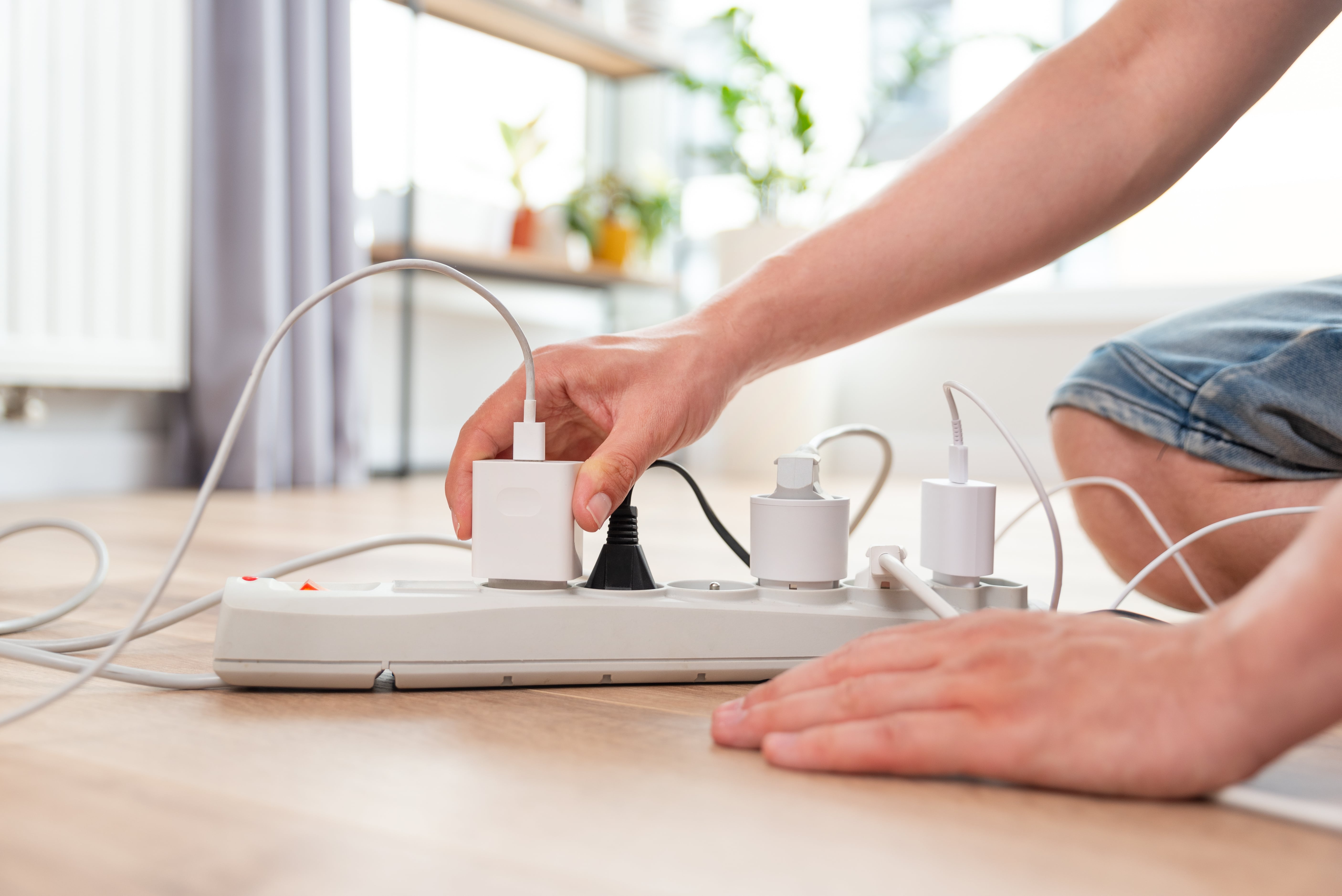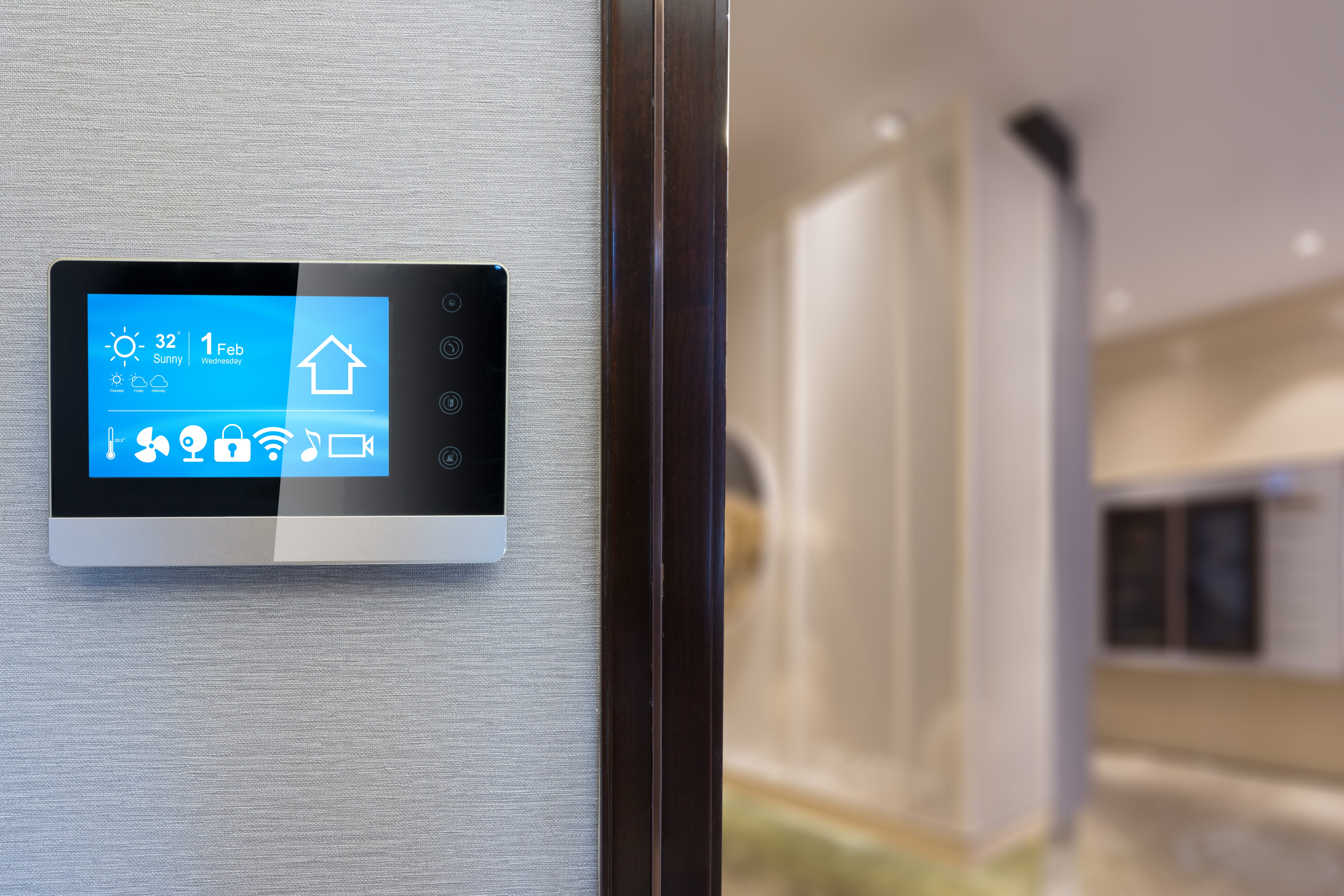When finding ways to save energy in your home, you may think about smart thermostats, insulation, or upgrading to new energy-efficient windows. But if you rent a home or apartment, you can’t invest in some of these energy-saving options. So how can you improve your rental’s energy efficiency?
While you can’t make major upgrades to a property you don’t own, there are plenty of smaller changes you can make to reduce your monthly energy bills and your environmental footprint. If you rent a house, apartment, or townhome, making these adjustments to your habits and to your home can significantly impact your energy usage and translate to big savings.
Check out these tips for how to save energy in your rental to help you reduce your electricity usage and costs.
{{CTA-green-right-plan}}
Why Does Having an Energy-Efficient Rental Matter?
With new technologies and more electronics in our homes, electricity use in the U.S. has increased drastically in the last few decades. Our homes may be smarter, but smart doesn’t always translate to energy-efficient—in fact, more technology often leads to greater energy usage.
When you rent your home, it can be easy to push worries about energy use aside. After all, you can’t make any major changes that could have the most impact, like updating to ENERGY STAR® appliances or changing settings on the water heater.
But energy efficiency should still be a priority in your rental. By making small changes to your apartment or rental house, you can enjoy electricity bill savings and reduce your energy usage.
Optimize Your Thermostat
According to the U.S. Department of Energy, you can save about 10% a year on heating and cooling costs by turning your thermostat down. One of the best tips to save energy is to adjust your thermostat down seven to 10 degrees Fahrenheit when you’re at work. During the cooler season, set your thermostat to 68 degrees while you’re awake and adjust it lower while you’re asleep or away. You can also learn more about Gexa Energy’s smart thermostat plans that take the guesswork out of adjusting your thermostat during peak demand.
Winterize Your Windows
Windows are one of the main ways air can leak in and out of your home, resulting in heat loss during the cooler months. If you rent an apartment in an older building, consider adding two layers of weatherstripping products to your windows to keep warm air inside, where you want it.
Draft-Proof Your Power Outlets
If you place your hand near a power outlet and feel cool air coming through, this could mean it’s time to seal the outlet. The plastic outlet covers that parents often use to child-proof their homes also work to keep cool air out of your rental property, and they’re a very cost-effective solution for energy-efficient apartments.
Switch to Energy-Efficient Lighting
Changing the bulbs in your rental’s light fixtures can significantly cut your energy costs. LED lightbulbs use up to 90% less energy and can last up to 25 times longer than traditional incandescent bulbs. The more bulbs you change in your home, the more money you’ll save.
Let Your Landlord Know About Any Leaks
Leaky faucets and toilets waste a lot of water, so instead of ignoring the issue, report leaks as soon as possible. This could help you save on your water and energy bills in addition to avoiding water waste.
Unplug Electronics & Small Appliances
Many electronics and appliances use energy even when they’re turned off or in sleep mode. Things like gaming consoles, coffeepots, and charging cables are consuming electricity when they’re plugged in, though you may not be actively using them.
Unplugging your devices when you’re done using them can help save energy. You can even plug these “energy vampires” into power strips, so you can easily cut power to all these devices with the flip of a switch.
Find Other Ways to Control Your Rental’s Temperature
Adjusting your thermostat isn’t the only way to keep your rental comfortable. Space heaters and standing fans can help control the temperature in your most-used rooms without having to turn on the HVAC system.
Be Smarter About Laundry
If you have an in-unit washer and dryer, know that these appliances can be major energy-users in your home. While you can’t necessarily upgrade to more energy-efficient models, you can adjust your laundry habits to reduce your energy usage.
As much as 90% of the energy used by washing machines goes to heating water. The less often you run your machine, the more energy you’ll save. Only wash full loads of laundry and use cold water to save even more energy. Air dry your clothes to avoid using the dryer whenever possible.
Adjust Your Habits
In addition to small changes to your apartment or rental home, you can adjust your habits and learn how to use less energy. Here are just a few tips to save energy and money on utilities:
- Turn off your computer when you’re not using it.
- Switch off the lights when you leave a room.
- Wash dishes by hand instead of using the dishwasher. If you do use the dishwasher, only run full loads.
- Install window coverings to take advantage of natural light and heat. During warm months, close blinds and curtains during the hottest part of the day. In the colder months, open them to let warm sunlight in.
- Dust lamps and light bulbs to make sure they’re emitting as much light as possible.
- Wait until hot foods cool before placing them in the refrigerator.
- Use lids on cooking pots to help foods cook faster.
- Look for ways to ventilate your home, allowing air to flow more easily.
Learn more about Gexa Energy and our 100% renewable plans from environmentally friendly renewable sources.






































